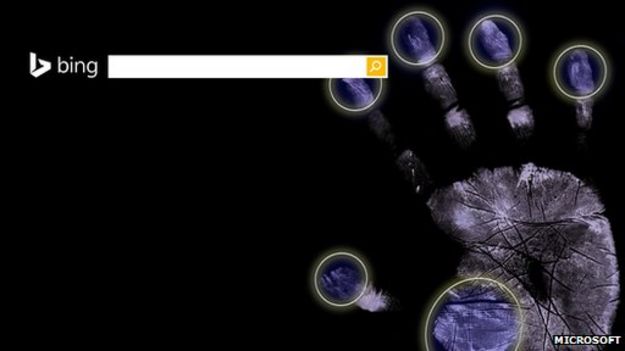Sometimes its good to take a step back and look at the new applications and services that are already happening or may be happening sometime soon. Some of these have a possibility to disrupt the existing industries and markets, giving rise to not only new players but a completely new order.
Embedded below is a presentation from Dean Bubley of Disruptive Analysis. While there are a few things that I look at differently, there are many interesting points that the industry should already be looking at.
A good example of disruption would be the SIM card evolution that Apple introduced in iPadAir2 and iPadMini3. While they had great expectations, it didnt work out exactly as they had hoped due to the operators not letting Apple use the feature they wanted. In fact John Legere, T-Mobile US CEO, took to twitter to explain the problem. See here.
Another example is the new MVNO model by Google (Fi) in the USA. The problem in USA compared to Europe is that the operators have monopoly in many areas (fixed and mobile) and they can also get away with charging far higher amounts.
In addition, the problem that the operators have is that they focus on areas where they don't have issues; crying wolf if required. An example is taking advantage of 'data tsunami' and using it to hoard spectrum, as be seen from the tweet below:
Anyway, here is the presentation. Let me know what you think.
Embedded below is a presentation from Dean Bubley of Disruptive Analysis. While there are a few things that I look at differently, there are many interesting points that the industry should already be looking at.
A good example of disruption would be the SIM card evolution that Apple introduced in iPadAir2 and iPadMini3. While they had great expectations, it didnt work out exactly as they had hoped due to the operators not letting Apple use the feature they wanted. In fact John Legere, T-Mobile US CEO, took to twitter to explain the problem. See here.
Another example is the new MVNO model by Google (Fi) in the USA. The problem in USA compared to Europe is that the operators have monopoly in many areas (fixed and mobile) and they can also get away with charging far higher amounts.
In addition, the problem that the operators have is that they focus on areas where they don't have issues; crying wolf if required. An example is taking advantage of 'data tsunami' and using it to hoard spectrum, as be seen from the tweet below:
Verizon Wireless admits to hoarding spectrum, ends any argument about a spectrum crunch http://t.co/0aqpGxlEvm
— Kevin Ahoy (@FlightsimGeek) February 23, 2015
Anyway, here is the presentation. Let me know what you think.
























